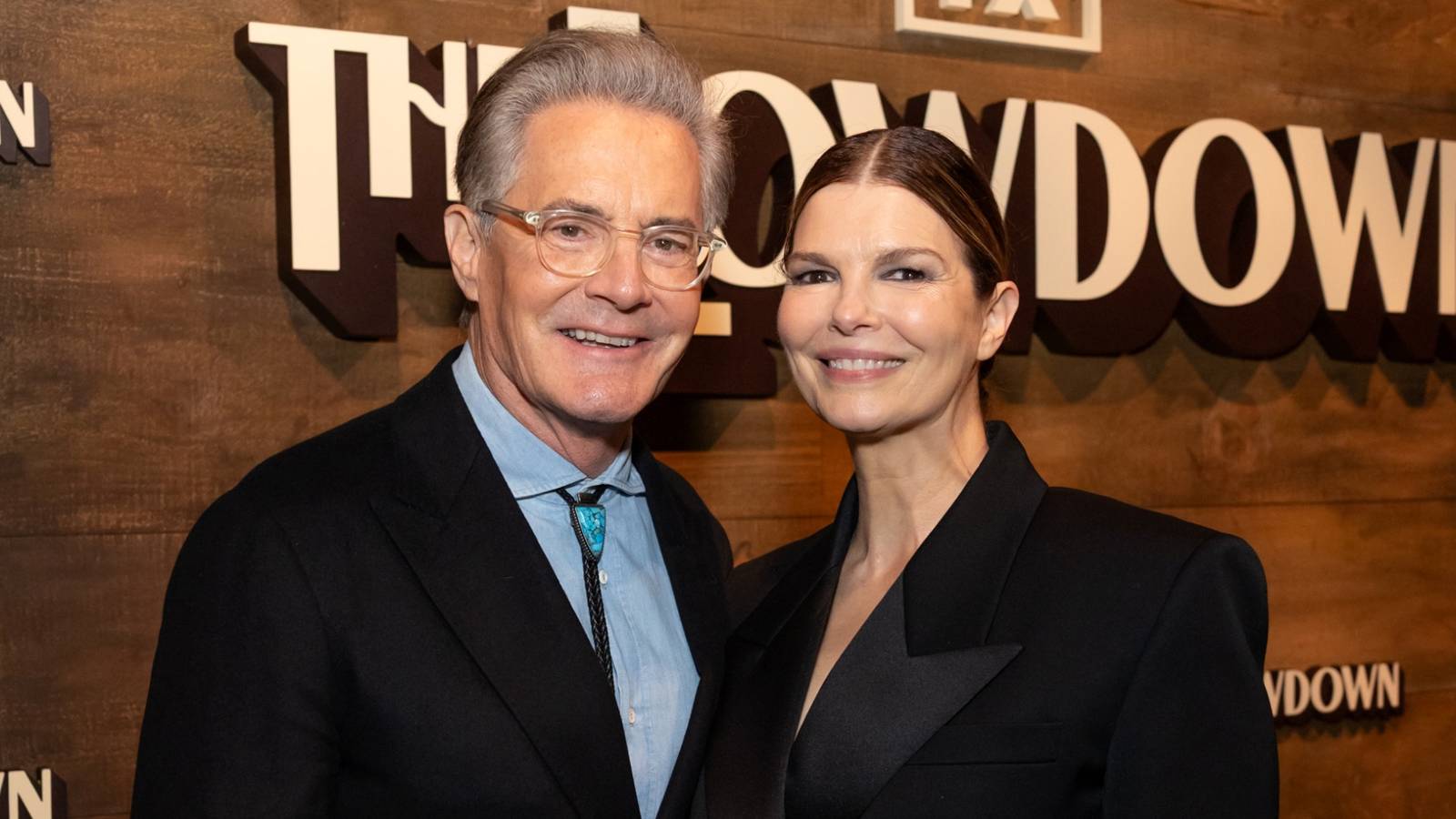African Luxury Tourism Under Fire: New Study Flags Risky Economic Strategy for Rwanda and Peers

Luxury tourism, a strategy gaining traction across Africa and globally, aims to draw high-spending tourists to premium resorts, lodges, and exclusive attractions. This approach, often promoted by multilateral agencies and conservation organizations, is based on the premise of “high-value, low-impact” tourism, suggesting that fewer, wealthier visitors would result in less environmental harm. However, research by Pritish Behuria, a scholar of the political economy of development, challenges this notion, revealing that luxury tourists are more prone to using carbon-intensive private jets, and this model often exacerbates economic inequalities, commercializes nature, and restricts land access for indigenous populations. Despite these drawbacks, many African nations, facing trade deficits and a need for foreign exchange, find the allure of luxury tourism difficult to resist.
Behuria's extensive study, rooted in nearly 15 years of examining Rwanda's political economy, expanded to include Botswana and Mauritius to understand the varied impacts and policy responses to luxury tourism. His research involved in-depth interviews with government officials, hotel owners, private sector representatives, aviation officials, consultants, and journalists across the three countries, supplemented by a thorough review of economic data, industry reports, and media. The study aimed to uncover who truly benefits from these strategies and how countries might reverse their course if the policies prove ineffective.
Mauritius was an early adopter, explicitly embracing a luxury tourism strategy in the late 1970s and early 1980s, focusing on its “sun-sand-sea” attractions for European visitors. Domestic business houses heavily invested in luxury hotels and coastal land, generating over US$2 billion in revenues by 2019. However, this growth also highlighted significant inequality. The prevalent all-inclusive resort model meant that tourist spending often bypassed the local economy, with profits remaining outside the country or concentrated with large hotels. Post-pandemic, the Mauritian government has begun to shift its focus, loosening its emphasis on luxury tourism by opening its airspace and re-establishing direct flights to Asia, seeking to diversify its tourist base and sustain revenues and employment, especially as other key sectors face uncertainty.
Botswana formally adopted its luxury tourism strategy in 1990, centering on its wilderness areas like the Okavango Delta and wildlife safari lodges. For decades, this strategy faced criticism for its inequalities, particularly due to foreign ownership of most lodges and travel agencies, leading to minimal domestic linkages and limited use of local agricultural or industrial production. The direction of tourism policies in Botswana also became highly politicized. Former President Ian Khama banned trophy hunting in 2014, promoting photographic tourism, a move critics alleged benefited him and his allies and reinforced the problematic “myth of wild Africa.” In a significant reversal, President Mokgweetsi Masisi lifted the hunting ban upon taking power, arguing it harmed rural communities and increased human-wildlife conflict. Since the late 2010s, Botswana's government has also diversified its offerings, relaxing visa regulations for Asian countries to attract a broader range of tourists.
Rwanda, among the three, was the most recent to adopt a luxury tourism strategy but has remained the most committed. Its model revolves around high-priced mountain gorilla trekking and premium wildlife experiences, augmented by efforts to become a hub for business and sports tourism through high-profile conferences and events. Rwanda actively invited global hotel brands like Hyatt and Marriott and invested heavily in its “nation brand” by sponsoring sports teams. While prices for gorilla visits were lowered post-pandemic, the government consistently reaffirms its dedication to the luxury tourism model.
Comparing these three cases, Behuria's research reveals a crucial insight: the capacity for governments to reverse failed luxury tourism strategies. The study unequivocally shows that such strategies disproportionately benefit a select few, often foreign investors or foreign-owned entities, failing to generate sufficient employment or broad domestic benefits. Behuria found that democratic governments, such as those in Botswana and Mauritius, faced political pressure that compelled them to loosen their luxury tourism strategies. This responsiveness was conspicuously absent in more authoritarian Rwanda. These findings challenge conventional literature on African political economy, which often posits that stronger political parties can deliver better development outcomes. Instead, Behuria's study suggests that weaker political parties, more susceptible to public pressure, may actually be more responsive in adjusting policies that perpetuate inequality.
You may also like...
Barcelona Blow: Pedri Sidelined for Crucial Chelsea Showdown Due to Injury
)
Barcelona confirms that midfielder Pedri will be sidelined for six to seven weeks with a thigh injury, missing key fixtu...
Trae Young's Injury Scare: Hawks Star Avoids ACL Tear, Awaits MRI Results

Atlanta Hawks star Trae Young sustained a right knee sprain, confirmed not to be an ACL injury, during a recent game aga...
Hollywood Beef Erupts: 'Road House' Director Clashes With Amazon Over Disconnected Sequel

A creative and legal showdown rocks Hollywood as director Doug Liman and original writer R. Lance Hill challenge Amazon ...
Anime Shockwave: 'One Piece' Ends 27-Year Tradition With Major 2026 Overhaul

Toei Animation announces a bold new era for One Piece ending its weekly broadcast model after 27 years. Beginning in 202...
Music & Mayhem: F1 Las Vegas Grand Prix Secures Superstar Lineup with Louis Tomlinson, Kane Brown

The 2025 Formula 1 Heineken Las Vegas Grand Prix is revving up with a star-studded musical lineup featuring Louis Tomlin...
Kyle MacLachlan Unpacks 'Twin Peaks' & 'The Lowdown' Similarities

From 'Reservation Dogs' creator Sterlin Harjo, the FX series 'The Lowdown' is a moody mystery set in Tulsa, Oklahoma, ex...
Political Shockwave in Liberia: President Boakai's Sudden Purge Rocks Nation

President Joseph Boakai has initiated a wave of unexplained dismissals across his Liberian administration, creating an a...
Unveiling Uganda's Infamous 'Highway of Death': A Dangerous Journey Revealed

Uganda's Kampala-Gulu highway is a "corridor of death," highlighted by a recent fatal crash involving 46 lives. Bus driv...

:max_bytes(150000):strip_icc()/TAL-header-serengeti-national-park-tanzania-PANAMAFRICA1025-b86efd37fe5a454ea7f9586e3817884f.jpg)


